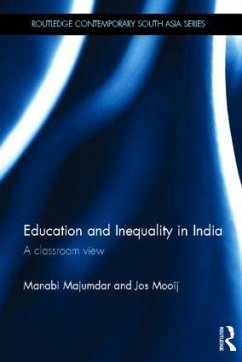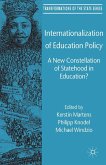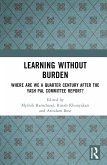Focuses on primary education in India and interrogates what schooling means and does to children from weaker sections of Indian society and which values underpin the school system. This book presents the multiple ways in which social class impinges on the educational system, educational processes and educational outcomes.
Universalization of primary education has been high on the policy agenda in India. This book looks at the reproduction of social inequalities within the educational system in India, and how this is contested in different ways. It examines whether the concept of `education for all' is just a mechanically conceived policy target to chasing enrolment and attendance or whether it is a larger social goal and a deeper political statement about the need for attacking entrenched social inequalities.
Universalization of primary education has been high on the policy agenda in India. This book looks at the reproduction of social inequalities within the educational system in India, and how this is contested in different ways. It examines whether the concept of `education for all' is just a mechanically conceived policy target to chasing enrolment and attendance or whether it is a larger social goal and a deeper political statement about the need for attacking entrenched social inequalities.







